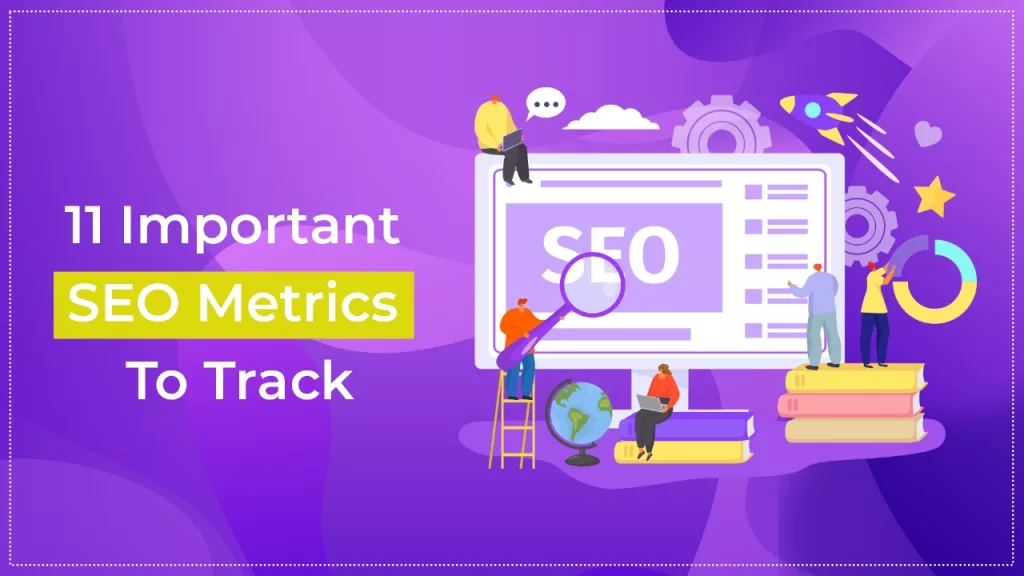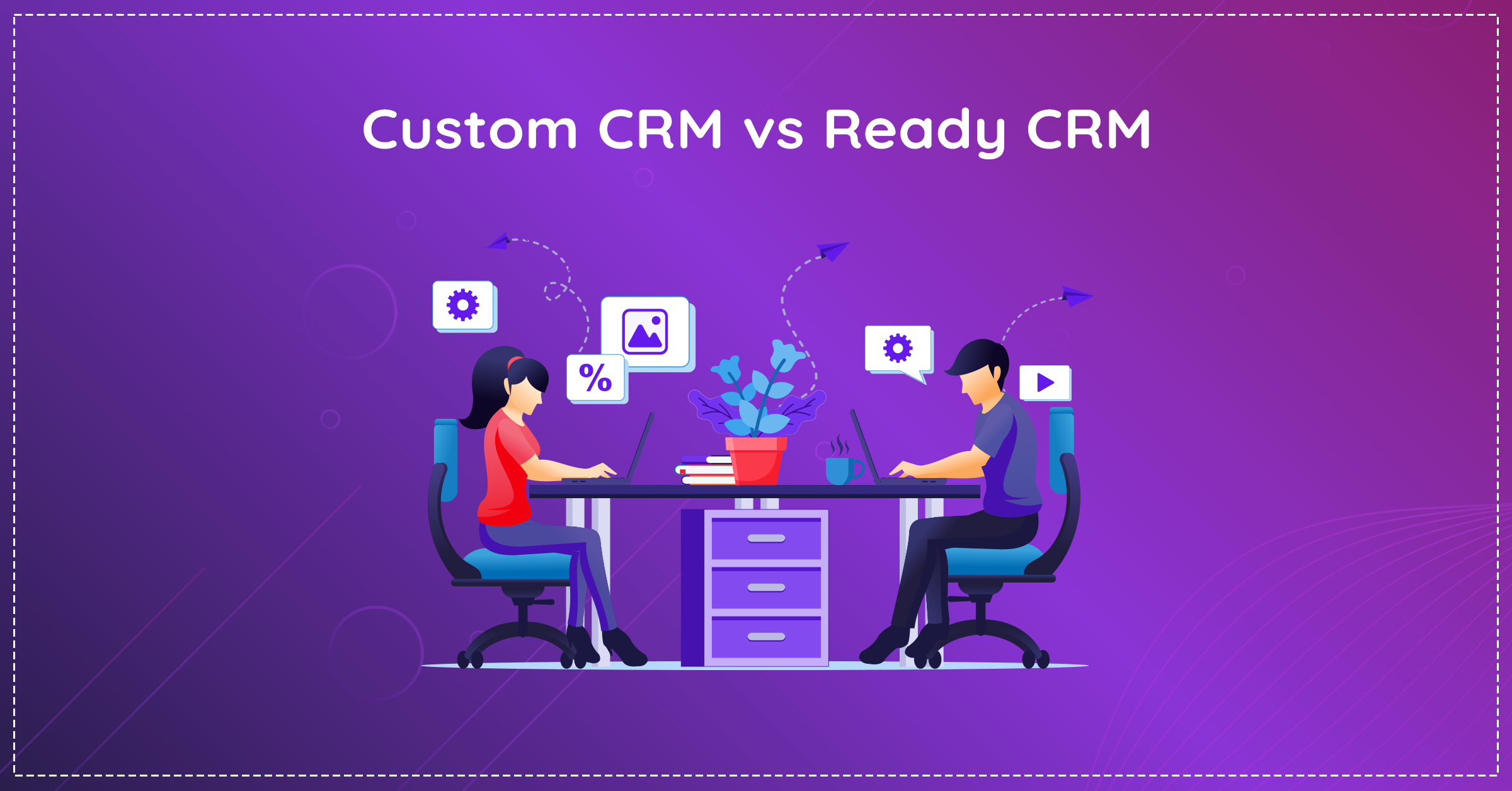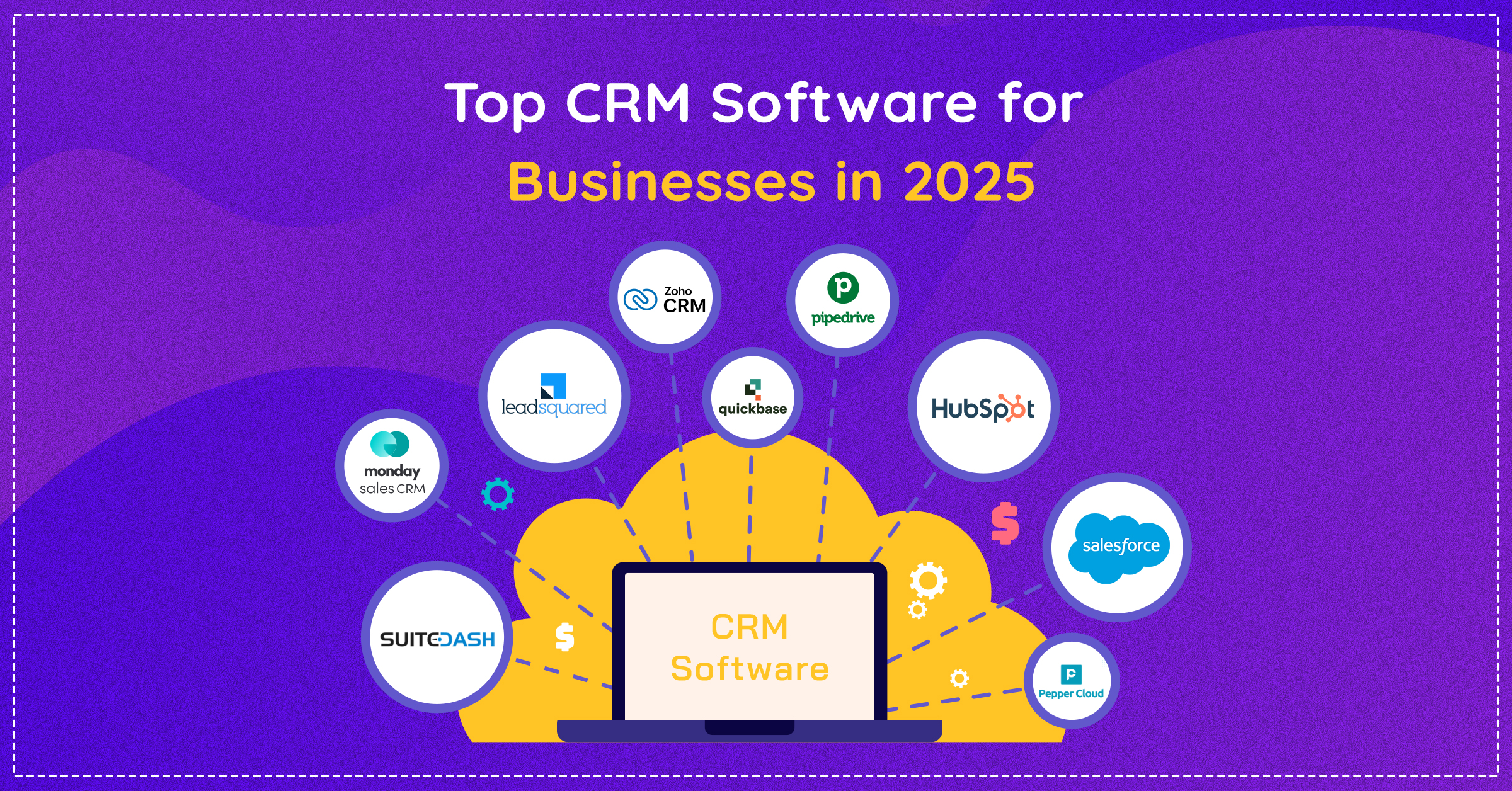In this blog, our team lists down the top SEO metrics to be tracked in every project.
If you have invested in SEO for your business, you know how comprehensive the strategies are. From keyword research to content writing and link building, there are umpteen SEO activities. But, it doesn’t stop here! You would need to keep measuring your efforts to ensure that you’re on top of the game.
Now, the problem arises when the web analytics tools generate a comprehensive list of metrics. It is difficult for a person or even a team to consider all those metrics and deduce a conclusion.
But, the trick is not to make note of every metric but of a selective few that matter a lot. Which are those metrics? And where can you find them? That’s what this blog is all about! Read on to learn the 11 most important SEO metrics to track.
11 Important SEO Metrics to Track- And Where to Find Them
While conducting an SEO audit of your site, you must pay heed to the following metrics regardless of what your business is about.
Organic Traffic
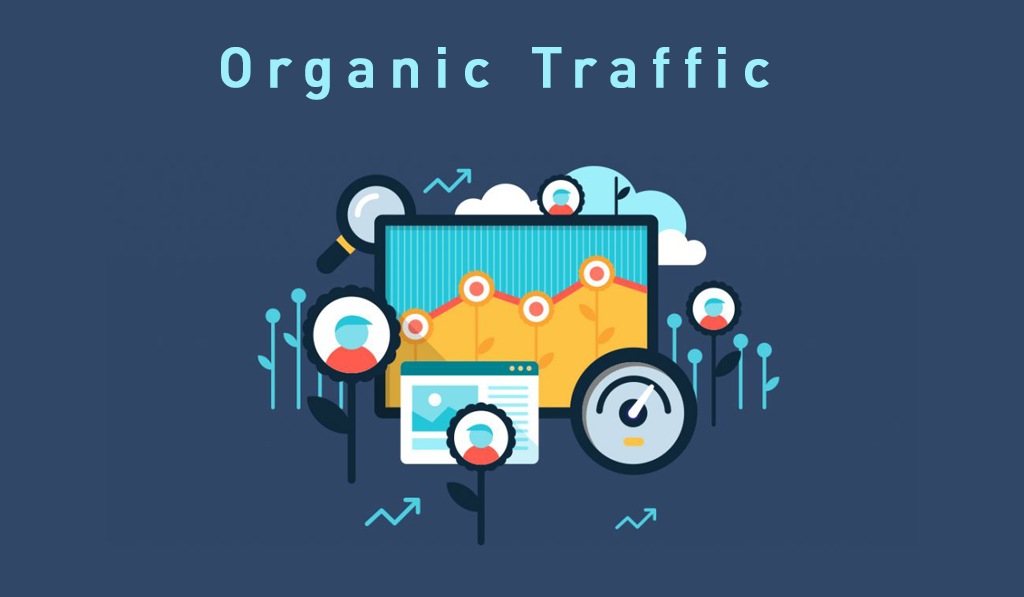
On average, a website receives traffic from various sources right from social media to backlinks given to it by other websites. But, for SEO ranking what matters the most is how much your website gets traffic from organic searches. When we say organic searches, obviously we are excluding the traffic generated by paid ads.
Measuring organic traffic allows you to note your website’s visibility to your potential audience when they search for your targeted keyword. If all your SEO efforts are going in the right direction, this number must show an upward trend.
You can track the organic traffic of your website by using Google Analytics. For this, simply log in to your dashboard and select ‘add segment’ on the default audience overview. Select ‘organic traffic’ and click on ‘apply’ and you will be good to go.
Click-through Rate
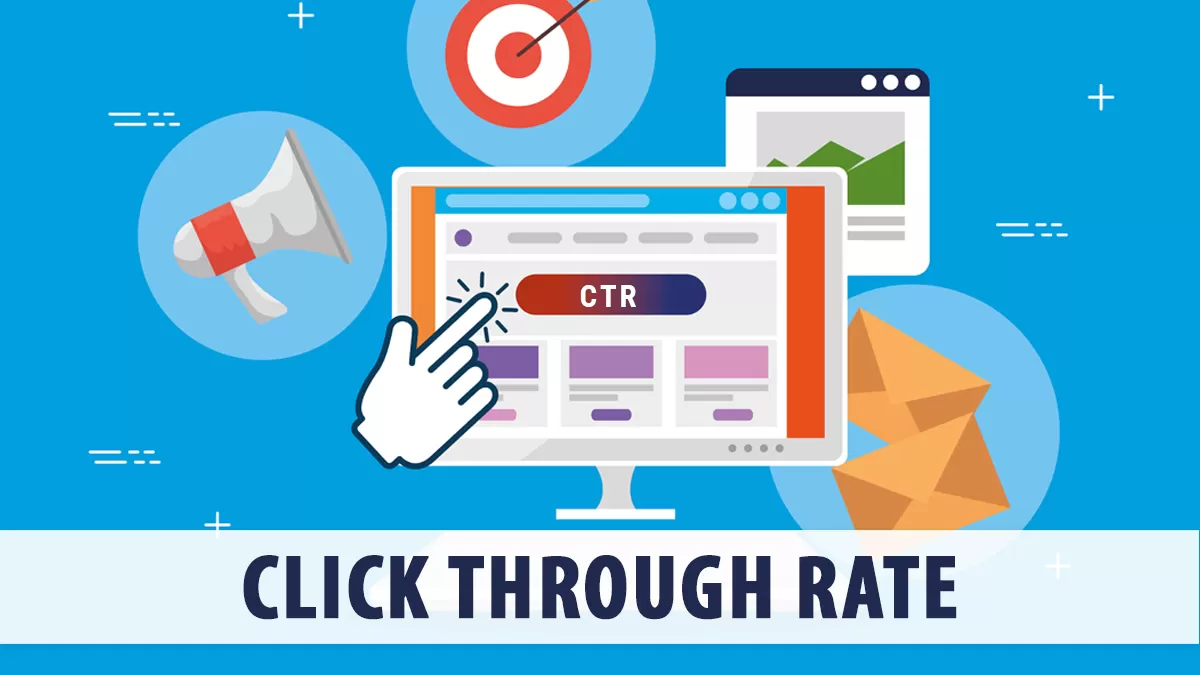
Click-through rate is the ratio of people who click on your website to the ratio of people who see it. It is the ratio of clicks to the impression. For example, If your website has 1000 impressions and 50 clicks, the clickthrough rate will be 5%.
Why is this metric important? Because those percentages are not just mere numbers but they portray a story. It tells you how well your website appeals to your audience and whether your title, meta description, and URL are doing their work or not (that is attracting users). Thus, if you have a low CTR, you need to rethink your SEO strategy.
You can measure your CTR under the performance tab on Google Search Console. You can check the click-through rates of individual pages and search queries.
Backlinks & Referring Domains
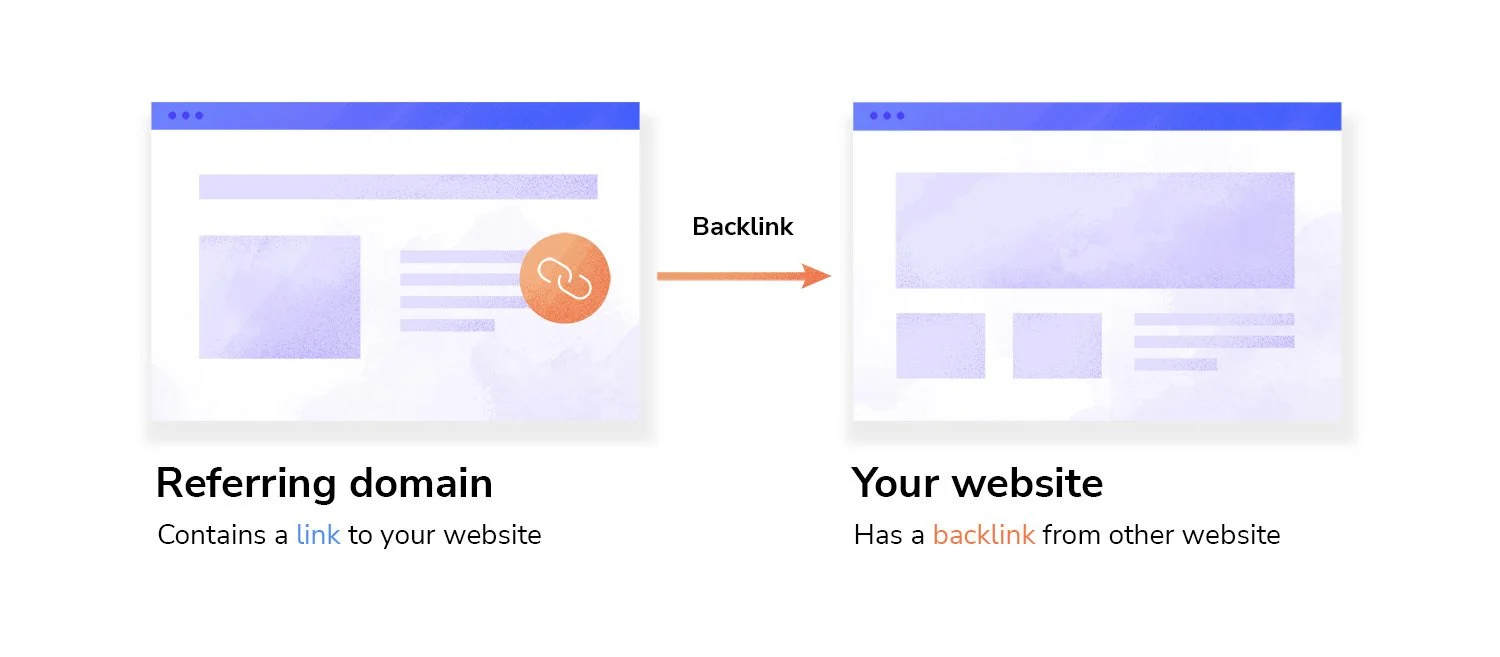
Backlinks are links or references that your website receives from other external websites. Backlinks form a crucial part of any SEO strategy. When a website receives many high-quality backlinks, it signals that other sites trust and endorse its content.
Backlinks act as a vote of confidence for a website. The more genuine links your website has, the better will be its chances of ranking higher on the search engine result page. Backlinks play a huge role in improving your domain authority. You can check the number of your backlinks and referring domains from Google Search Console.
Keyword Rankings
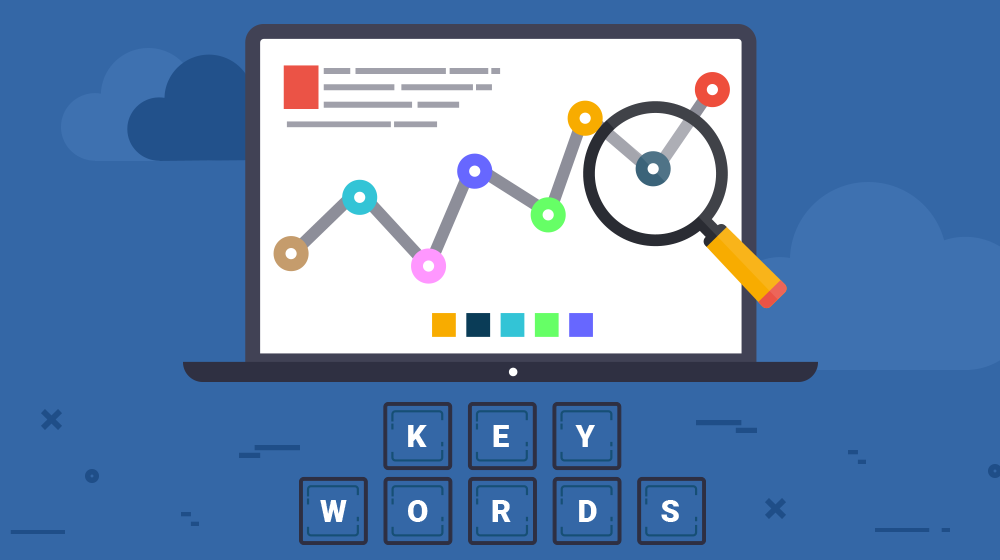
Keyword rankings show how well your website ranks on a SERP for your target keyword. The reason why it’s such an important metric is that every business has an ideal set of keywords relevant to their product or service. If you don’t rank for the keywords your potential audience is searching for, you’re doing it wrong.
You can track your keyword rankings from tools like SEMrush and Ahrefs Rank Tracker.
Core Web Vitals
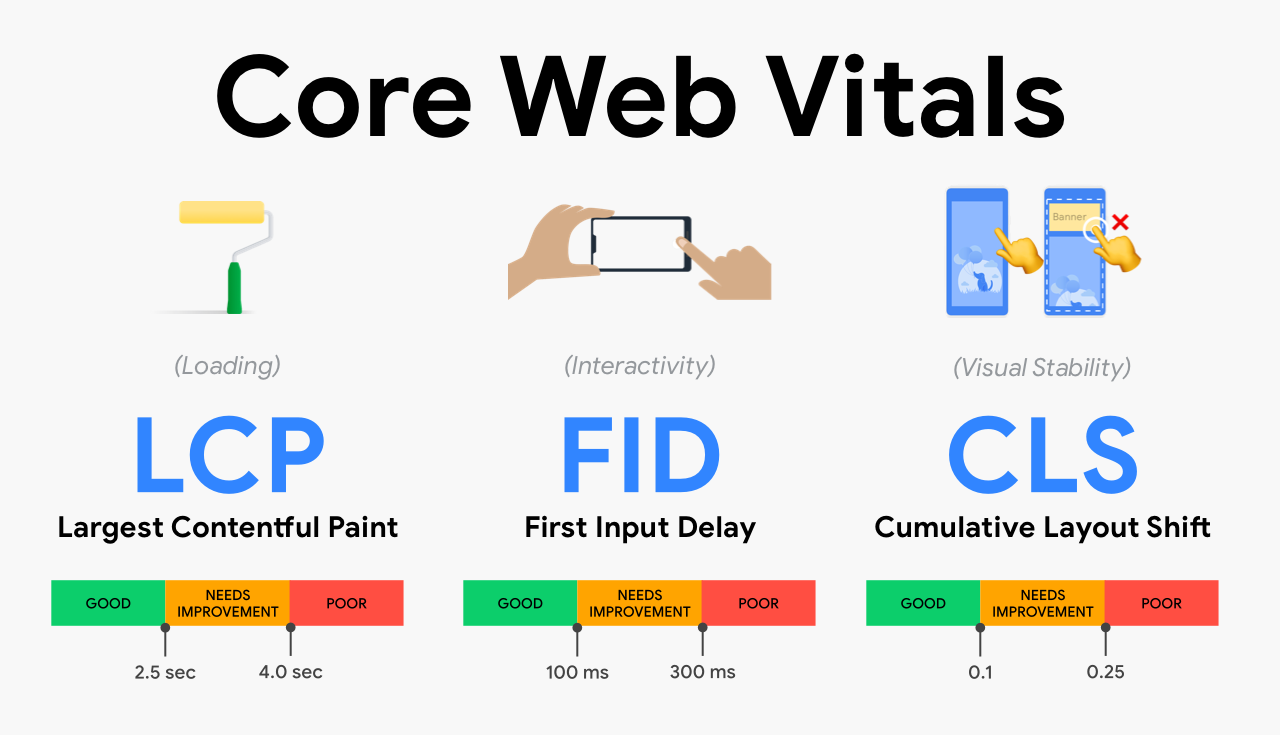
Search engines are becoming smarter than ever and offering the best experience to their users is on top of their agenda. That’s why Google launched the Core Web Vitals (CWV).
What is CWV? Let’s understand it this way. Although useful and easy to measure, metrics like page load time and DOMContentLoaded do not paint a broader picture. That means it may happen that some websites have excellent loading speeds yet their UX is pathetic and thus the users won’t be entirely satisfied.
To give a boost to user satisfaction, Google came up with CWV which is on the technical side of SEO. It deals not only with website speed but also with the user experience (UX). You should always monitor and put efforts to improve core web vitals.
Here are a few core CWVs that you must make a note of:
Cumulative Layout Shift (CLS): It measures how stable the visual elements and the page layout are of your website.
Largest Contentful Paint (LCP): It refers to the time it takes to load the single largest visual element of your page.
First Input Display (FID): It measures the time from when a user first lands on your website to the point when the page actually responds.
Indexed Pages
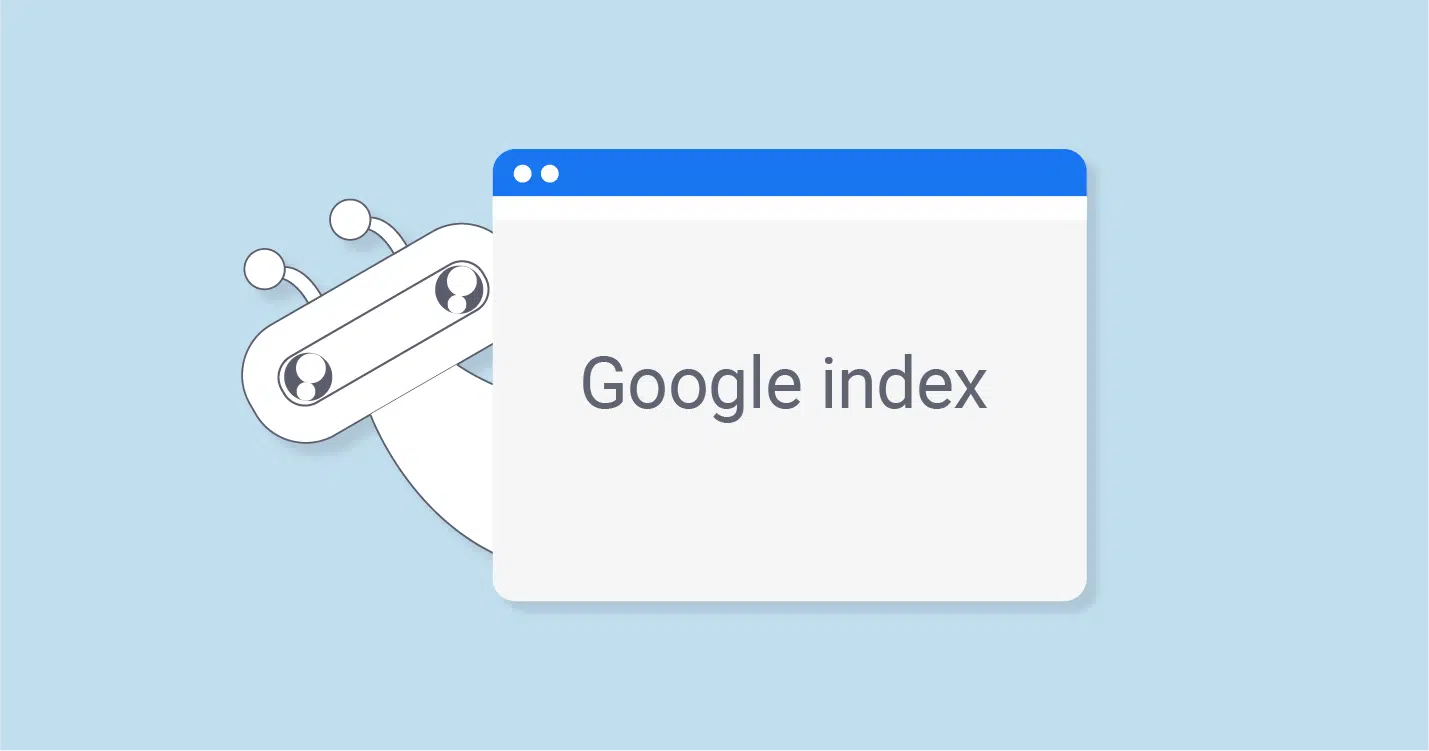
This SEO metric is interrelated to another metric, that is, pages crawled per day. The pages crawled per day as the name suggests tells you whether the Google bots are able to crawl your web pages, and if yes, to what extent.
On the other hand, indexed pages refer to the number of pages the bots have crawled and indexed in the search engine. Why does this metric matter? Unless your pages are indexed, you won’t be ranking on the SERP. Thus, the higher the number of indexed pages, the better it is for you!
You can get this metric on your Google Search Console account.
Do you know that right implementation of image SEO can enhance the success of your SEO campaign by 22%? Learn the best image SEO techniques by going through our blog on it.
Average Page Load Time

The page load time of your website can make or break the deal. It’s a well-known fact that the attention span of people on the internet is declining. With the abundance of content available at their fingertips, retaining them on your website becomes a task. Thus, if your website is not quick to load, it will lose a lot of its precious visitors.
This metric can be found in Google Analytics. Simply click on the ‘behavior’ tab and opt for ‘site speed’ and all the information will be displayed on your screen.
Pages Per Session
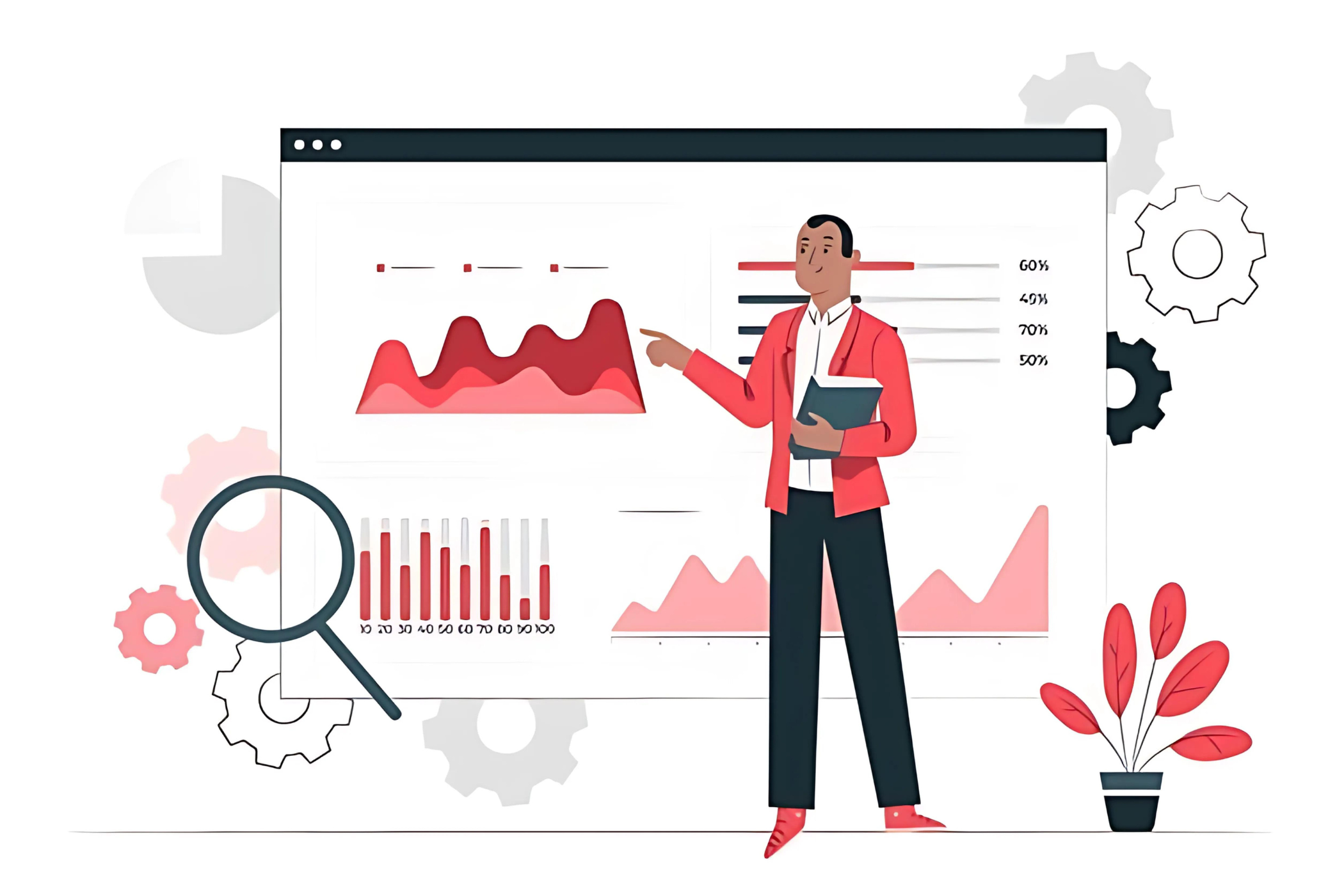
They say what’s in the name, we say everything is in the name. Pages per session is the average number of pages that a user visits before exiting your website.
The higher the number the better for you. Why? Because that shows that users are sticking around to your website and they find it engaging. If you’re able to engage them, you can bottle them in your sales funnel too!
Organic Traffic Conversions
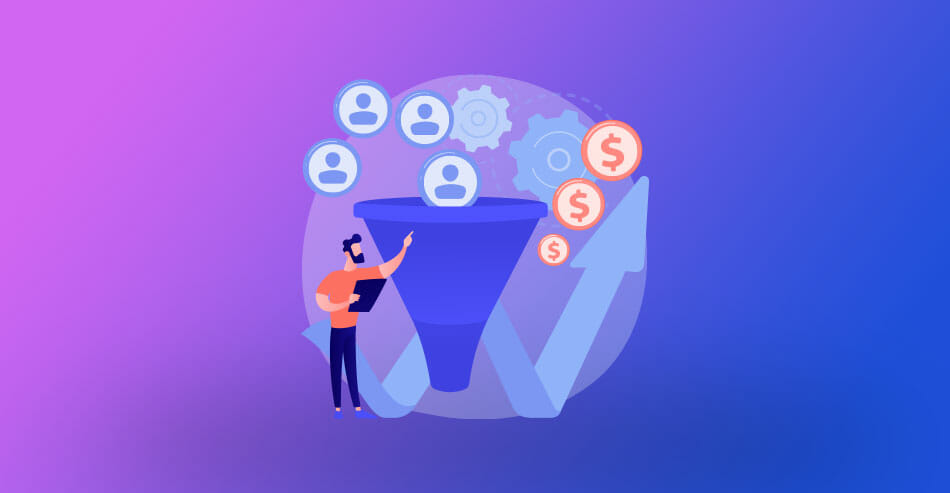
Tracking the conversion you’re getting from different sources is very important for a business and organic conversions are no different. Through this, you’ll know how many visitors who reach your website through search engines (without paid ads) convert. This conversion can be in the form of signing up for a newsletter, subscribing to a service, buying an item, etc.
Domain Authority
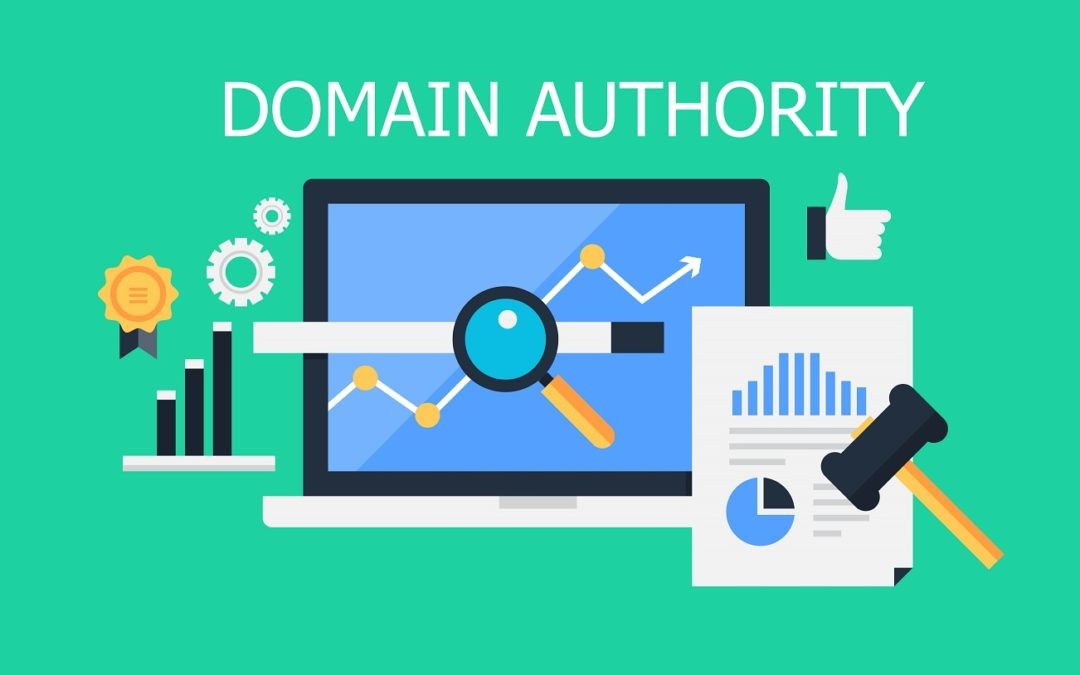
If you want to stand apart in your industry, this metric is crucial for you! Domain authority refers to how high your website is in Google’s eyes. From SEO-optimised content and impeccable UI/UX designs to the number of backlinks your web gets from reputed sources, all play a crucial role in improving your domain authority.
You can check your web’s domain authority from third-party tools like WebsiteAuthorityChecker and Mozbar.
Average Position
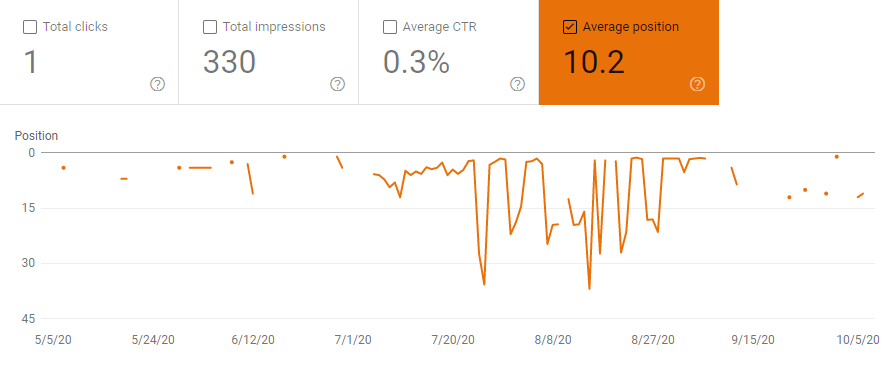
The average position is the average ranking of a website on the search engine result page. It reflects the SEO performance of a website. You can even monitor th average position of every page on your website.
Monitoring average position regularly can help you track your SEO efforts and make key adjustments to improve your rankings. Optimizing and increasing your average ranking position increases organic traffic, and brand visibility and can even lead to an increase in conversions. A combination of on-page SEO and off-page SEO can help you improve your average position. You can track the average position on Google Search Console.
Bottom Line
Tracking these 11 vital SEO metrics is crucial for your marketing strategy. If you are looking for an SEO expert in Mumbai to help your website rank higher organically on search engines, you can reach out to us.


